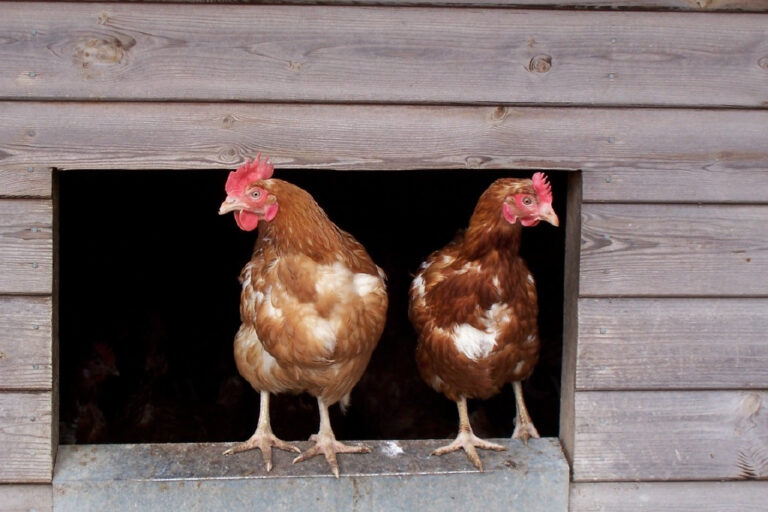Egg industry leaders have sent a letter to RSPCA Assured, expressing “serious and significant concerns” about plans to introduce new welfare standards for laying hens, which would require producers to build verandas for barn egg systems and a new requirement for natural daylight in both barn and free-range systems.
Last week the assurance scheme published its new standards, which will come into effect on 1 May 2024, with farmers given six years to implement the new requirements. But the British Egg Industry Council and British Free Range Egg Producers’ Association said there had been little meaningful consultation and the standards would be difficult, or in some cases, impossible, to implement.
“The revised standards, particularly the requirement for verandas and natural daylight, have been received extremely poorly due to various concerns such as timelines, practicality and cost,” states the letter, sent to the RSPCA Assured’s head of certification from Andrew Joret, chairman of the BEIC, and James Baxter, chairman of BFREPA. “The situation has been compounded by the way that the standards were poorly communicated with no prior notice or discussion with the wider industry.”
The biggest changes are the requirement for a veranda on barn systems, which is an additional roofed, but uninsulated, structure attached to the outside of a poultry building, which has a fully littered floor. In addition, a new natural daylight standard will require barn and free-range members to provide natural daylight in houses for all hens by the age of 21 weeks, and the natural daylight coverage must correspond to at least 3% of the total floor area of the house.
“The standard around verandas will be difficult practically to implement and for some sites – by reason of topography and/or ventilation – will be physically impossible,” the letter states. “Regarding the provision of natural daylight, we are concerned that the installation of windows will make management of the birds more challenging potentially leading to an increased risk of poor welfare outcomes, in addition to being difficult to install retrospectively.
“In terms of commercial viability, the cost of installing verandas and windows is estimated at some £10 per bird, which equates to approximately £260m based on a 26 million bird national free-range flock. We do not believe that this significant cost can be recovered from the marketplace and free-range producers cannot be expected to bear this cost.”
The RSPCA said free range producers will not be required to install verandas under the new standards, but may be asked to do so at a later date, “following further consultation with industry.”
The egg industry bodies are now requesting an urgent meeting with RSPCA Assured to discuss their concerns.


